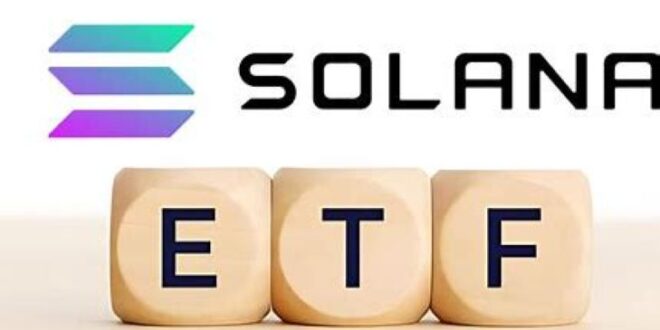In a significant move for the crypto ETF market, Cboe has submitted a proposal to allow staking capabilities for the 21Shares Ethereum ETF (ETHE). If approved, this would enable investors to earn staking rewards directly through the fund, bringing a new dimension to Ethereum-based ETFs.
What Staking Means for ETH ETFs
Ethereum staking involves locking up ETH to help secure the network and earn rewards. Currently, individual investors can stake ETH through exchanges or self-custody solutions, but traditional financial products like ETFs have yet to integrate this feature.
With Cboe’s proposal, the 21Shares ETH ETF could:
- Stake a portion of its holdings to generate additional yield for investors.
- Enhance returns beyond ETH price appreciation, making it a more attractive investment.
- Bridge traditional finance with DeFi, potentially setting a precedent for future crypto ETFs.
Regulatory Hurdles & Industry Impact
The proposal will need approval from the U.S. Securities and Exchange Commission (SEC), which has been cautious about crypto staking, particularly after its recent crackdown on staking services offered by exchanges. However, integrating staking within a regulated ETF structure could provide a more compliant path forward.
If approved, the move could:
- Encourage more ETH ETF issuers to incorporate staking.
- Provide institutional investors with exposure to Ethereum’s staking rewards.
- Strengthen Ethereum’s staking ecosystem by increasing the amount of staked ETH.
The SEC’s decision will be closely watched by crypto and traditional finance players alike. If successful, staking-enabled ETFs could become a game-changer for digital asset investment products, offering both exposure and passive income potential.
 Business Sandesh Indian Newspaper | Articles | Opinion Pieces | Research Studies | Findings & News | Sandesh News
Business Sandesh Indian Newspaper | Articles | Opinion Pieces | Research Studies | Findings & News | Sandesh News



